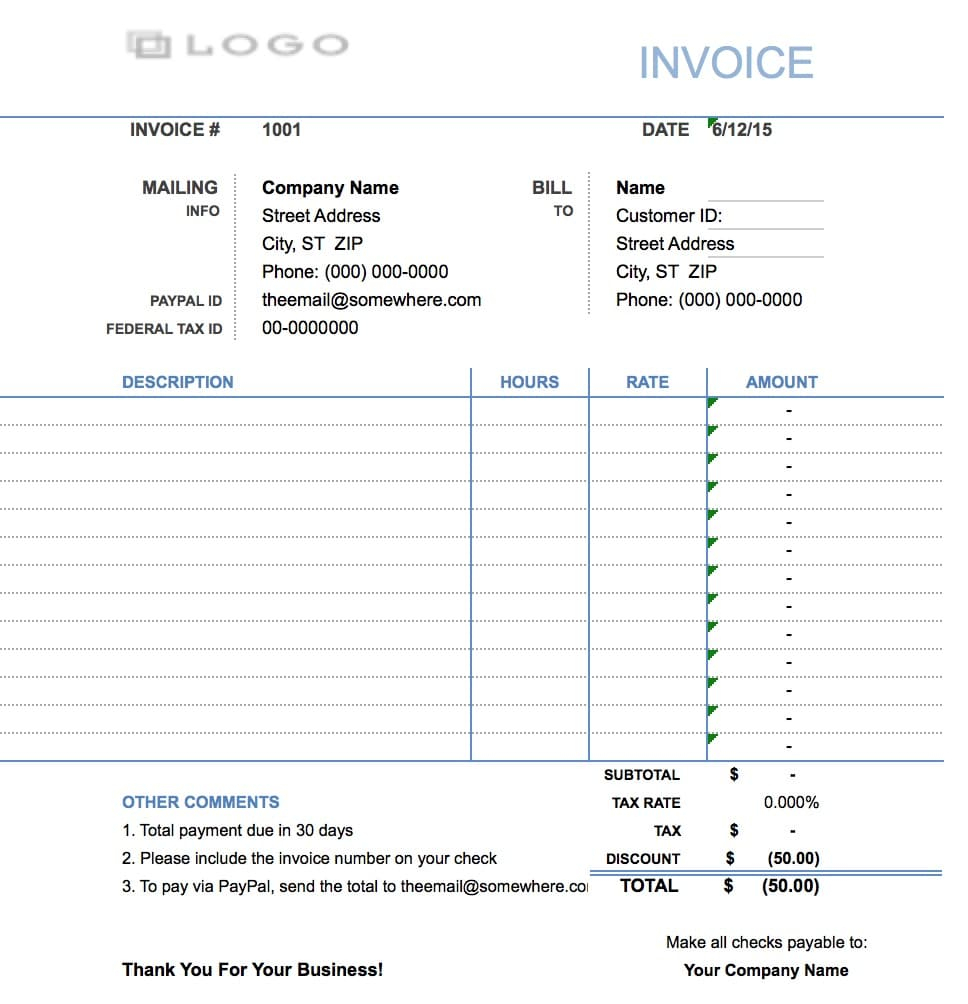
Adjust the formula to suit your own circumstances. This is the rock bottom, absolute minimum that you should charge otherwise you might as well get a job. So, £23000 salary + £3174 employer's NI + £690 employer's pension + £1000 overheads = £27864 per year.ĭivide this by the number of working weeks in the year: 52 weeks less 28 days minimum statutory holidays = 48 weeks.ĭivide the weekly amount by the amount of chargeable hours you can work after allowing for your own internal business admin:ģ7.5 hours per week less 2.5 hours for internal admin = 35 hours. On top of this should be added employer's NI and employer's pension contribution plus possibly other statutory costs such as employer's liability insurance and your own overheads (mainly practice license and PI insurance). You can find this out simply by doing a Google search for "bookkeeper salary" and looking at the various websites that appear in the listing. In North East England, a sensible salary to attract a fully qualified AAT bookkeeper would be £23,000 per year. This will give you a minimum hourly rate to charge on the basis that if you were charging less then you might as well get a job.


Divide this total by the number of weeks per year that you want to work in your business (you need to take some time off for holidays), then divide this total by the number of chargeable hours you can work in your business per week (you will need some time for internal admin).Īn alternative way to view the scenario is to research what it would cost you to employ someone in your accountancy practice.
#Freelance bookkeeping hourly rate how to#
How to set prices is a continuous conundrum for bookkeepers and accountants in practice.Ī simple approach, which would be highly justifiable to the client, would be as follows:įor the particular service you wish to offer, research what the client would have to pay to employ someone to do this work and then add on your own overheads.


 0 kommentar(er)
0 kommentar(er)
